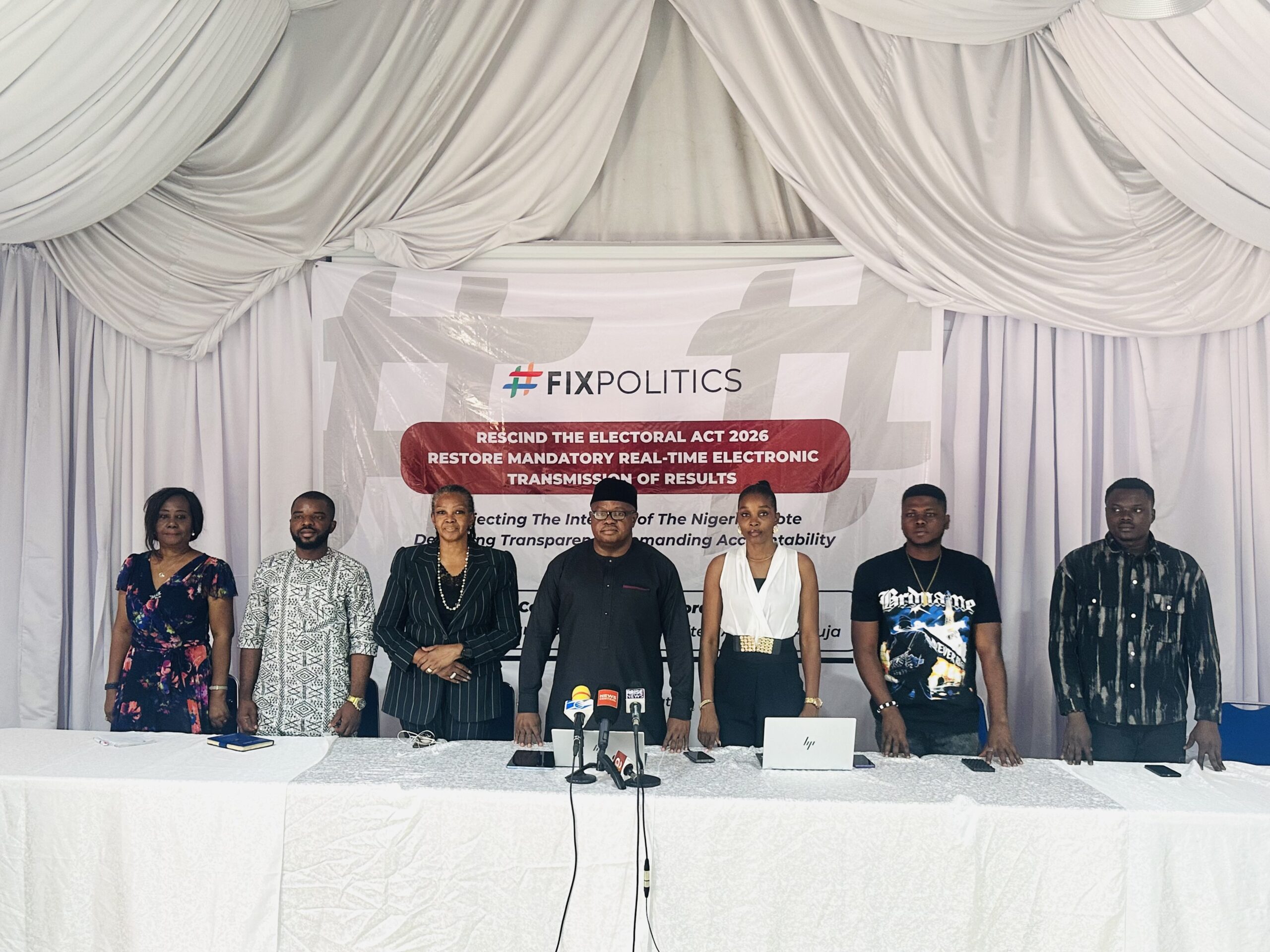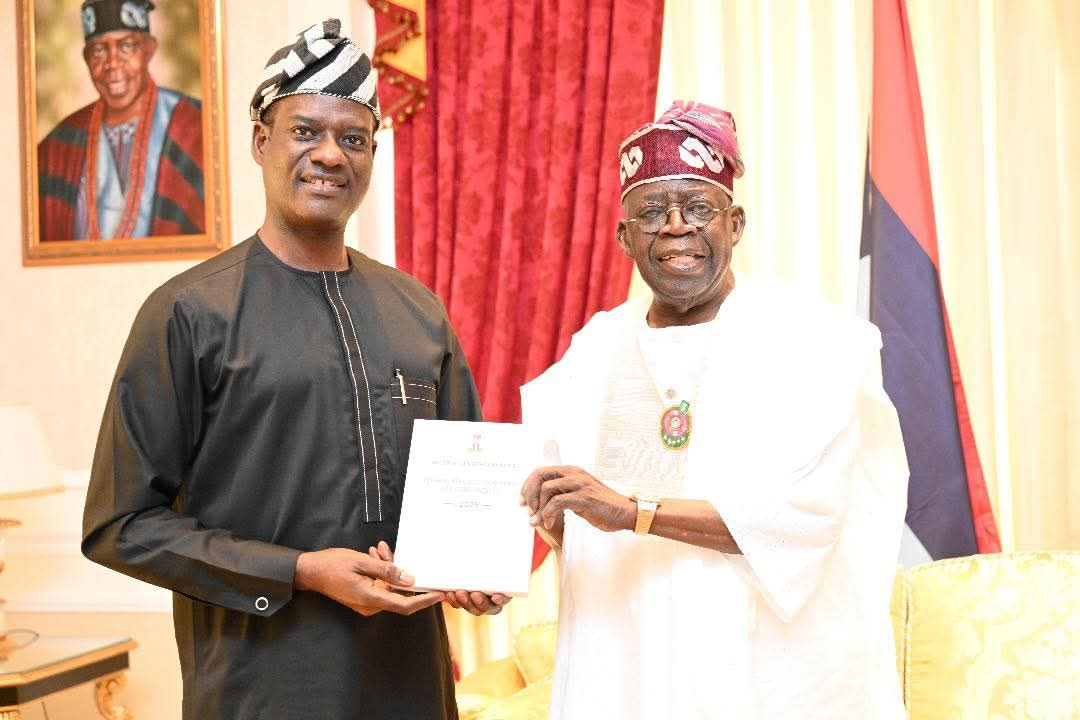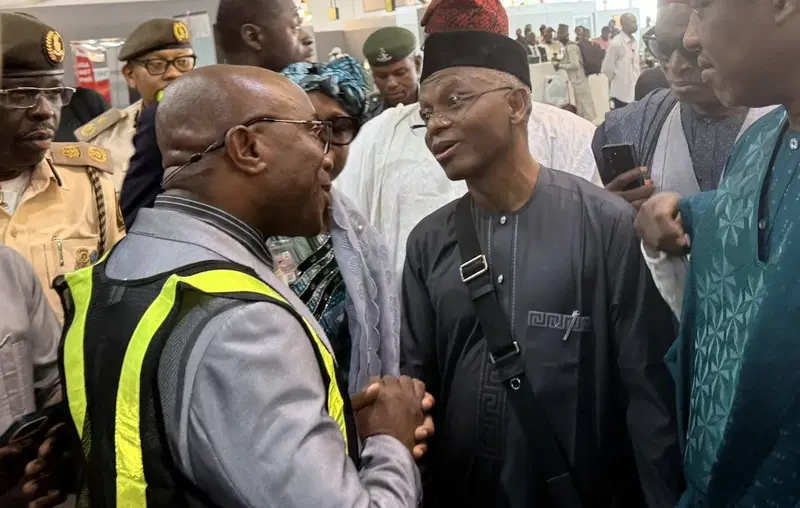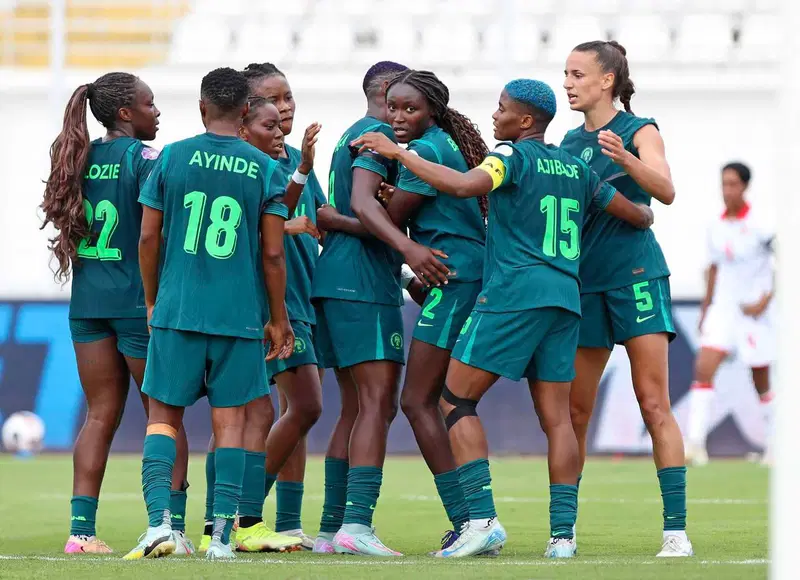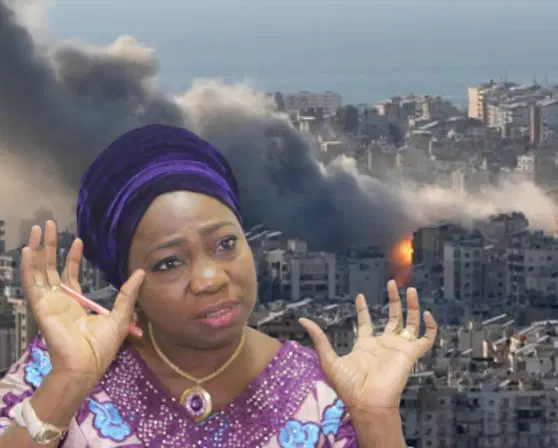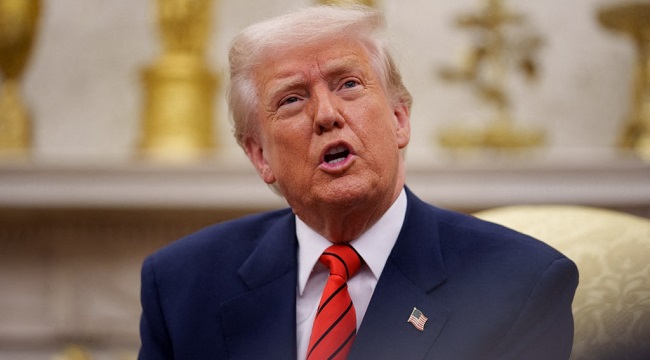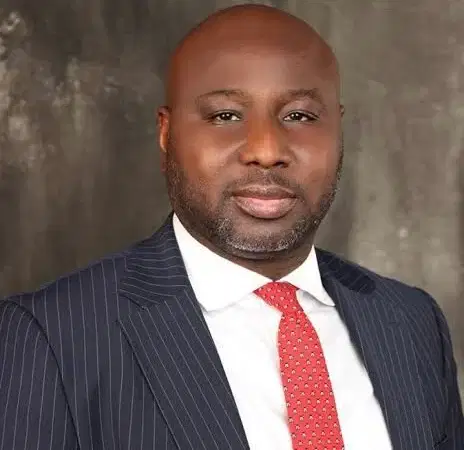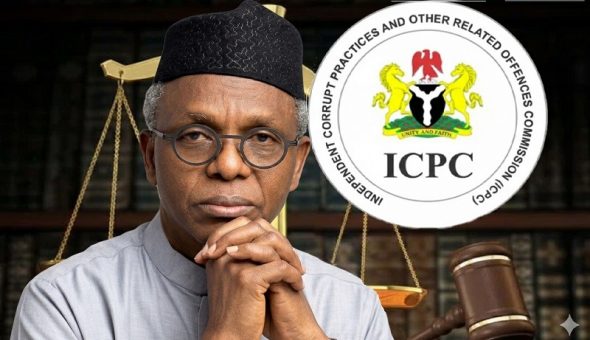Feature
Riding On Newsprint: The Legendary Journalists Who Shaped Nigeria’s Media
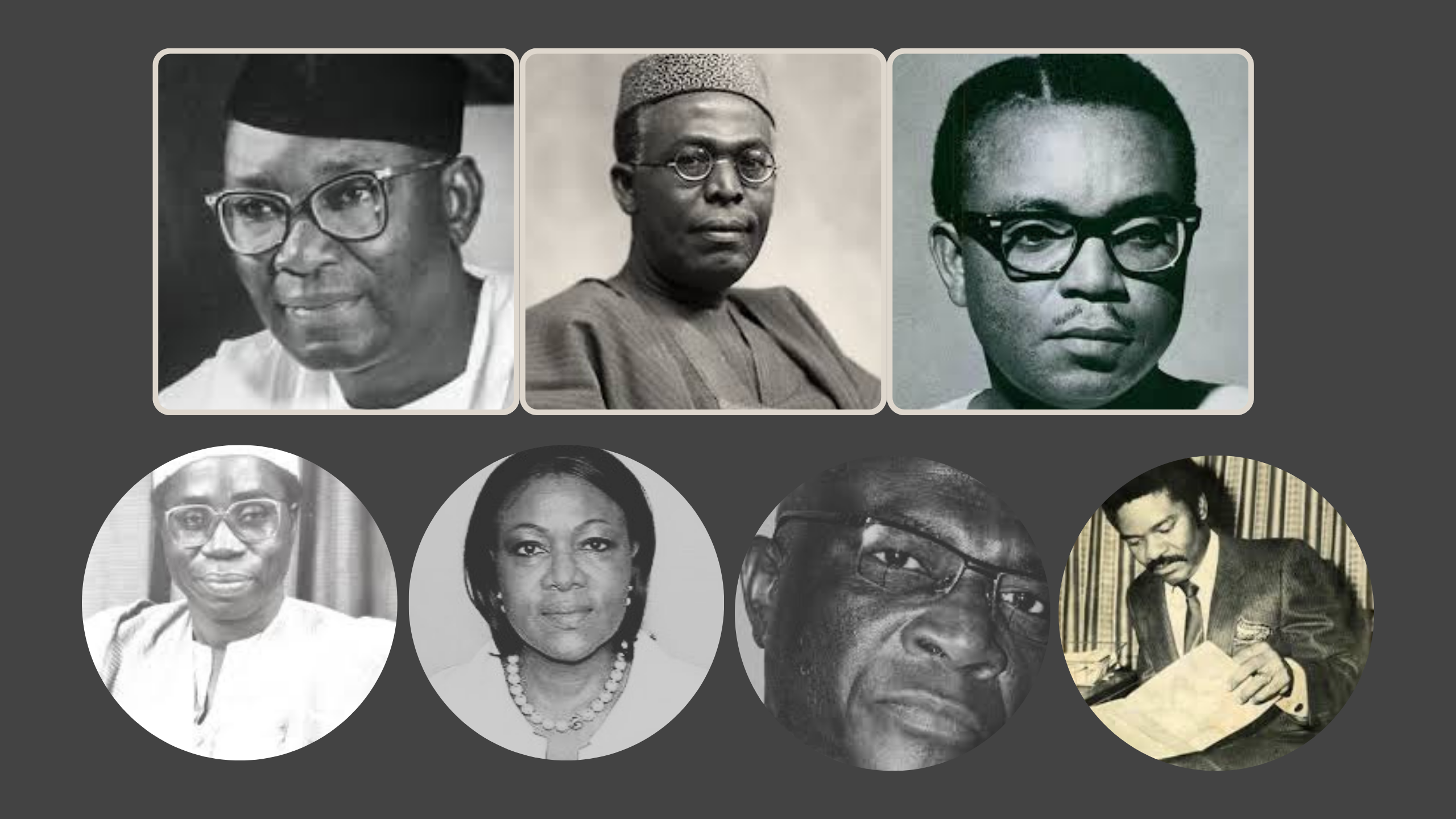
In Nigeria, the media has long played an essential role in shaping society, politics, and culture. From the pre-independence era to the present, countless journalists have contributed to the country’s development. These individuals, through their hard work and dedication, have left an indelible mark on Nigerian journalism. Their names continue to echo in the corridors of power and in the hearts of Nigerians who appreciate the importance of a free press.
This feature takes a look back at the trailblazing journalists who helped shape Nigeria’s media landscape, often risking their lives and reputations to ensure the truth was heard. Their stories of courage, resilience, and vision are not just historical; they are vital lessons for today’s generation of journalists.
The Birth of Nigerian Journalism
Nigeria’s media history dates back to the early 19th century when the first newspapers were established. The “Iwe Irohin,” founded in 1854 by Henry Townsend, was Nigeria’s first newspaper. However, it wasn’t until the early 20th century that journalism began to gain significant momentum, with newspapers playing an increasingly crucial role in the fight against colonial rule.
During the colonial era, many Nigerian journalists had to contend with censorship, oppressive laws, and the restriction of press freedom. However, despite these challenges, journalists such as Nnamdi Azikiwe, Obafemi Awolowo, and Anthony Enahoro used the media as a tool for political activism, social change, and national development.
Nnamdi Azikiwe: The Forefather of Nigerian Journalism
One of the most iconic figures in Nigeria’s media history is Dr. Nnamdi Azikiwe, also known as “Zik.” He was not just a politician but also a passionate journalist who played a pivotal role in the fight for Nigeria’s independence. Azikiwe, through his newspaper, The West African Pilot, pushed for political awareness, unity, and independence.
Azikiwe’s editorial stance was fearless, addressing the colonial government and the issues affecting Nigerians at the time. His editorial columns criticized British colonial rule and its oppressive policies, advocating for self-governance and independence. His contribution to Nigerian journalism was monumental, and The West African Pilot became one of the most influential newspapers of its time.
Obafemi Awolowo: A Leader Who Built Media Institutions
Chief Obafemi Awolowo was another towering figure in Nigerian journalism. A man of many talents, Awolowo was not just a political leader and a statesman, but also a media mogul. As the founder of The Nigerian Tribune in 1949, Awolowo laid the foundation for a media empire that would go on to influence Nigerian politics and society for decades.
Through The Nigerian Tribune, Awolowo addressed key issues such as regional development, political unity, and independence. His vision for Nigeria’s future was rooted in a free press, and he used the newspaper to promote his political ideals, particularly his push for regional autonomy. His legacy in Nigerian journalism goes beyond the Tribune; it was also about building institutions that would give future generations a voice.
Anthony Enahoro: A Voice for Democracy
One name that should never be forgotten when discussing Nigerian journalism is Anthony Enahoro. A prominent Nigerian journalist, Enahoro was a major advocate for the country’s independence. His work in The Nigerian Youth and later as a key figure in The Nationalist press made him one of the most influential journalists of his time.
Enahoro is particularly remembered for his role in the 1953 motion that called for Nigeria’s self-government. His writings and activism often focused on the urgent need for Nigeria to govern itself, free from colonial control. Enahoro’s passion for a free and independent press, as well as his commitment to democracy, remains a source of inspiration for many journalists today.
The Heroes of Post-Independence Journalism
After Nigeria gained independence in 1960, journalism in the country began to evolve. Journalists of this new era used their platform to address the challenges that came with nation-building, from military coups to civil war. These journalists were undeterred by censorship and the harsh realities of life under military regimes.
Bola Ige, a former lawyer and politician, also became a prominent figure in Nigerian media. His newspaper, The Daily Times, was one of the major publications in Nigeria during the 1970s and 1980s. Ige was known for his strong editorial stance on human rights and justice. He was also a fierce critic of military dictatorships, using the media to expose the flaws of the regime.
Another important name is Chris Anyanwu, who rose to prominence as one of Nigeria’s first female editors. Her career is a testament to the strides women have made in Nigerian journalism. As the Editor-in-Chief of The Sunday Magazine, Anyanwu carved out a space for women’s issues in Nigerian media. Her fearless reporting and her efforts to cover issues such as corruption, abuse of power, and human rights violations cemented her place as a trailblazer in Nigerian journalism.
The Role of Nigerian Journalists in the Fight for Democracy
In the years following independence, Nigeria faced numerous challenges, including periods of military rule, widespread corruption, and political instability. However, Nigerian journalists remained steadfast in their commitment to press freedom, democracy, and national unity.
During the military regimes of the 1980s and 1990s, journalists such as Dele Giwa were instrumental in the fight for democracy. Giwa, a journalist with Newswatch, was known for his investigative journalism that exposed corruption and human rights violations within the military regime. Tragically, Giwa was murdered in 1986, but his death sparked an outpouring of support for press freedom, and his legacy continues to inspire Nigerian journalists.
Bayo Onanuga, another prominent journalist of this era, was a co-founder of The News magazine. Onanuga, like many other journalists of the time, faced tremendous pressure from the military government. He was repeatedly arrested, detained, and harassed for his editorial stance against military rule. However, Onanuga’s resolve only grew stronger, and he became a symbol of resilience in the fight for press freedom.
Journalism Today: Building on a Legacy
As we move further into the 21st century, Nigerian journalism continues to evolve. The advent of digital media and the rise of online news platforms have transformed the way Nigerians consume news. Social media, blogs, and online platforms have created new opportunities for journalists, but also new challenges.
However, the legacy of those who came before remains a guiding light. The bravery and vision of pioneers like Azikiwe, Awolowo, Enahoro, Giwa, and others continue to resonate in the media today. These journalists laid the foundation for a free press in Nigeria, and their struggles and successes remind us of the critical role journalism plays in society.
Today’s journalists are not only tasked with reporting the news but also with holding power accountable. In the face of fake news, censorship, and political pressures, Nigerian journalists continue to push boundaries and fight for the truth. The new generation stands on the shoulders of giants, drawing inspiration from their courage and their unwavering commitment to press freedom.
Nigerian journalism has come a long way, thanks to the vision, bravery, and persistence of the legendary figures who shaped its history. From Nnamdi Azikiwe to Dele Giwa, these journalists dared to challenge the status quo and used their platforms to inspire change. Their efforts have left a lasting legacy in the media landscape, one that continues to guide and inspire today’s journalists as they navigate the ever-changing terrain of Nigerian media.
-
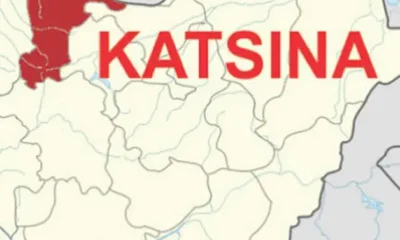
 News1 day ago
News1 day agoFour killed in Ramadan alms stampede in Katsina
-
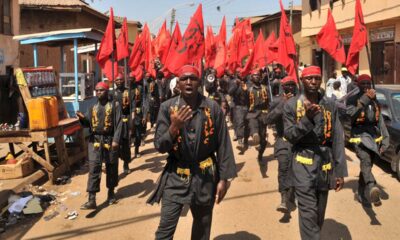
 News1 day ago
News1 day agoNorthern states witness protests over Iran leader’s death
-
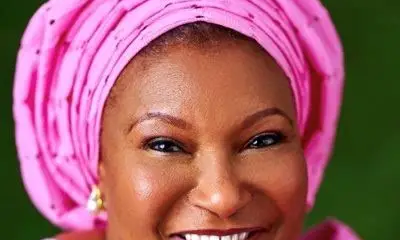
 News1 day ago
News1 day agoIreti Kingibe won’t return to Senate in 2027, Wike declares
-
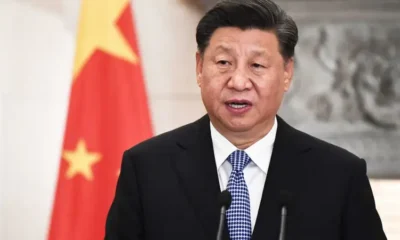
 World News1 day ago
World News1 day agoChina backs Iran’s ‘self-defence’ as middle East war escalates
-

 Metro1 day ago
Metro1 day agoNAF neutralises senior terrorists in Sambisa air strikes
-

 News2 days ago
News2 days agoNEMSAS expands emergency medical services nationwide, urges NCC to strengthen 112 access
-
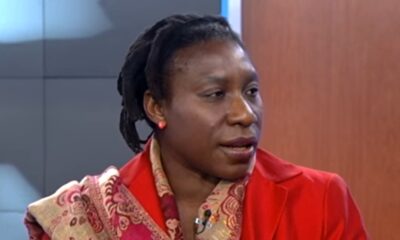
 News1 day ago
News1 day agoIyabo Obasanjo joins APC, declares Ogun governorship ambition
-
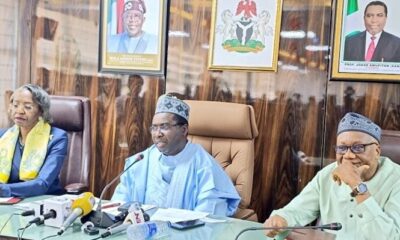
 News1 day ago
News1 day ago2027: INEC assures electronic result transmission, says perfect poll not guaranteed

